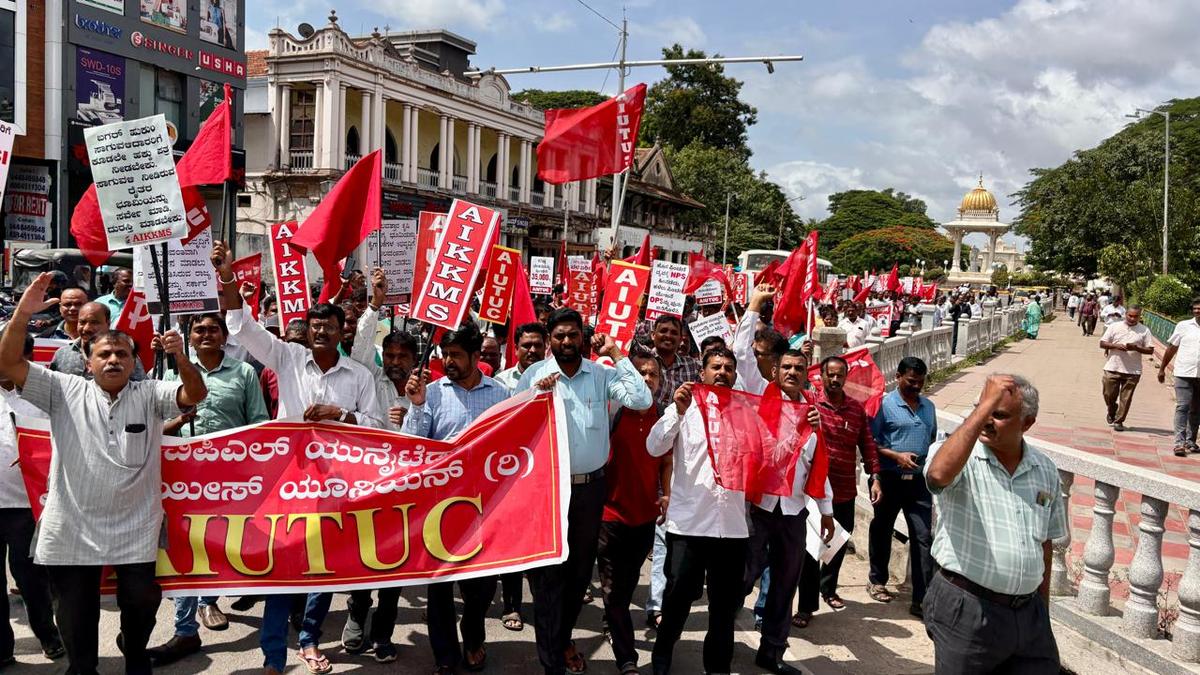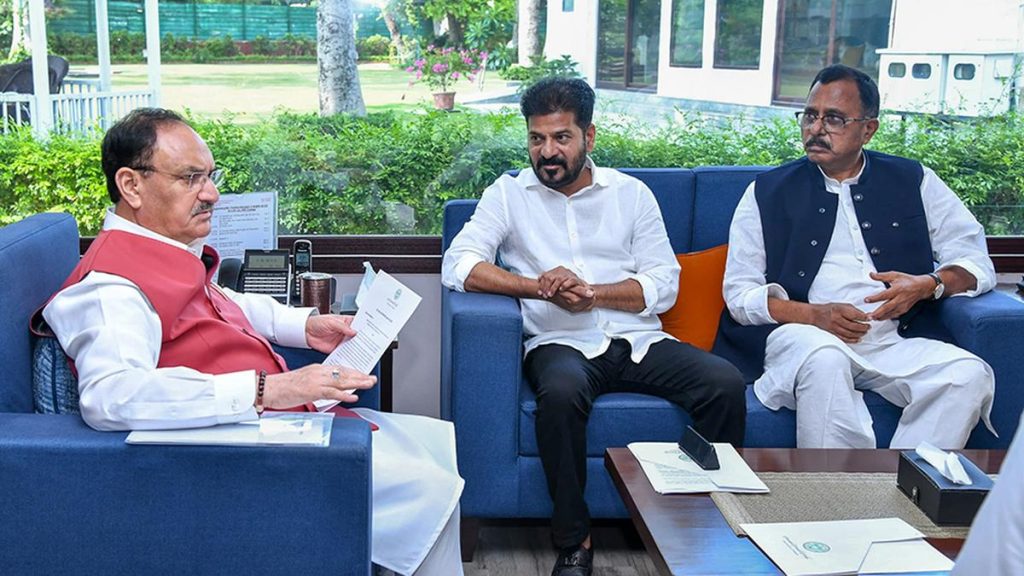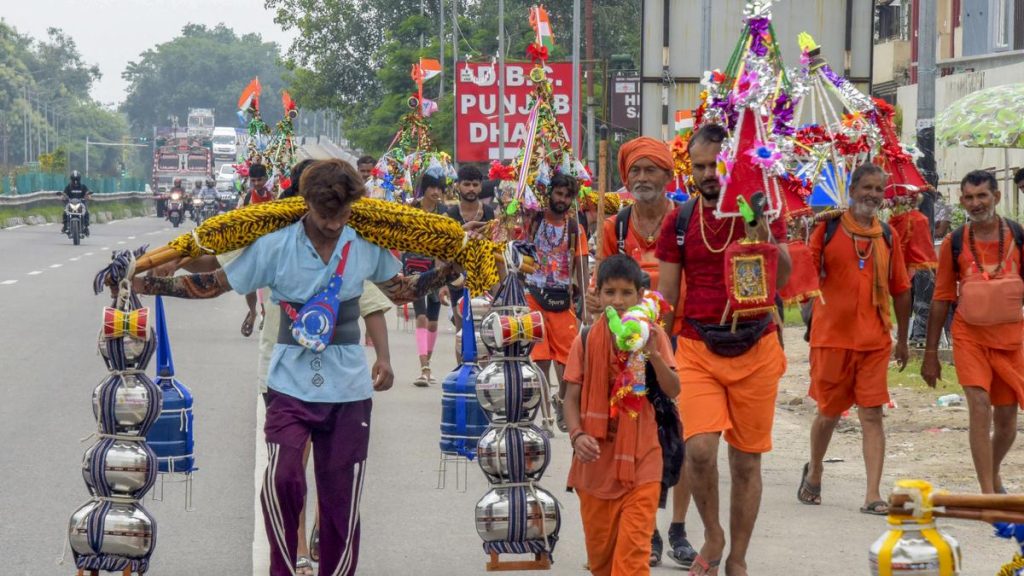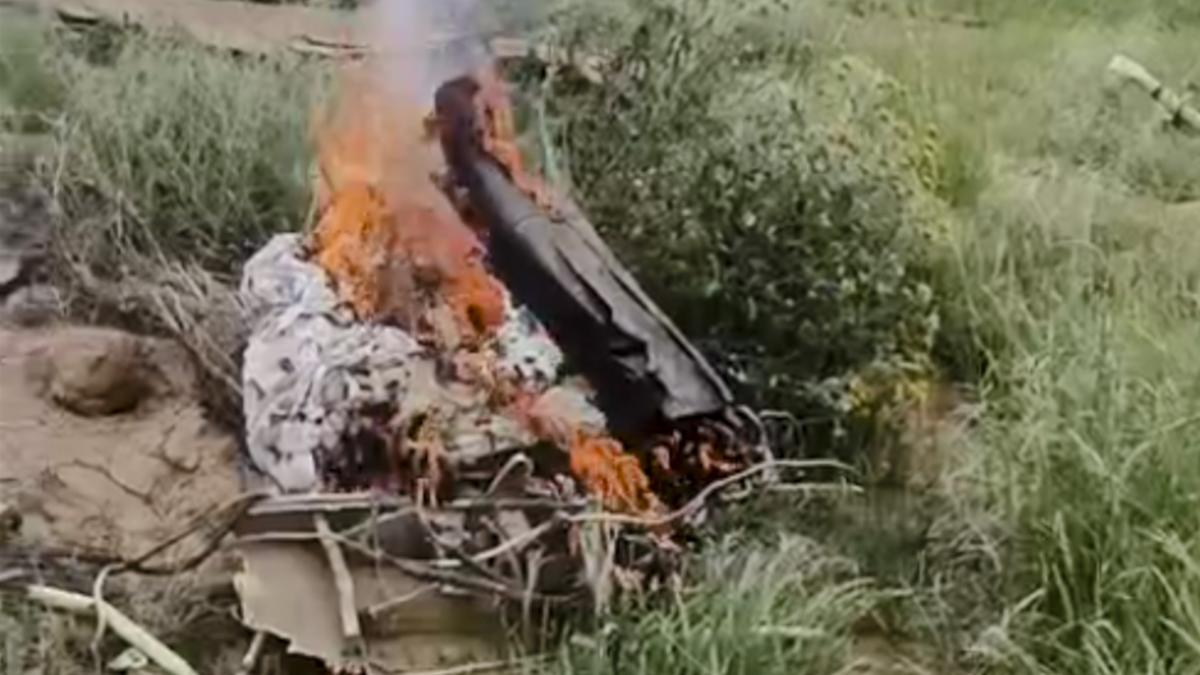Now Reading: Bharat Bandh: Mysuru’s Industrial Output Remains Unaffected
-
01
Bharat Bandh: Mysuru’s Industrial Output Remains Unaffected
Bharat Bandh: Mysuru’s Industrial Output Remains Unaffected

Rapid Summary
- A nationwide Bharat Bandh was called on July 9, 2025, by the Joint Committee of Trade Unions (JCTU) to protest against “anti-worker, anti-farmer” policies by the State and Central government.
- Key demands include abrogation of the four labor codes formulated by the Center:
– Code on Wages (2019)
– Industrial Relations Code (2020)
– Code on Social Security (2020)
– Occupational Safety, Health and Working Conditions Code (2020).
- The trade unions argue that these codes weaken workers’ rights, reduce bargaining power, and undermine safeguards.
- In Mysuru:
– Leaders from AIUTUC, CITU, AIKMS staged a protest march with slogans against both governments.
– Specific demands included minimum wages of ₹36,000 per month for workers; pensions of ₹9,000 for unorganized sector workers; an end to outsourcing/contract-based employment practices; and amendments benefiting farmers linked to electricity usage reforms and land laws in Karnataka.
- farmers demanded a comprehensive Minimum Support Price formula based on recommendations from M.S. Swaminathan commission among other changes.
- Industry representatives reported limited strike impact on production sectors.
Indian Opinion Analysis
The Bharat Bandh highlights deep concerns regarding India’s labor reforms amidst ongoing debates about balancing worker welfare with economic goals such as “ease of doing business.” While protests garnered significant mobilization among unions in some regions like Mysuru,their limited effect in industrial hubs raises questions about broader national resonance. The demands-ranging from minimum wages to social security pensions-reflect urgent socio-economic issues impacting both urban laborers and rural farmers.
The opposition towards labor codes further signals discontent over perceived centralization at workers’ expense. Simultaneously occurring, calls to amend laws affecting farming practices in Karnataka extend this discourse into agricultural policy analysis-a sector critical for India’s rural populace but frequently enough caught at crossroads between modernization efforts and conventional systems.
Thus far constrained largely to symbolism without halting productive sectors dramatically or swaying policymakers visibly-the implications lie instead within rising civil pushes challenging governance frameworks managing both industry/labor transitions +farmers.cli Next steps await clarity whether sustained collective advocacy reshaping creates dialogues actionable level policy/government either grassroots scalability genuinely























